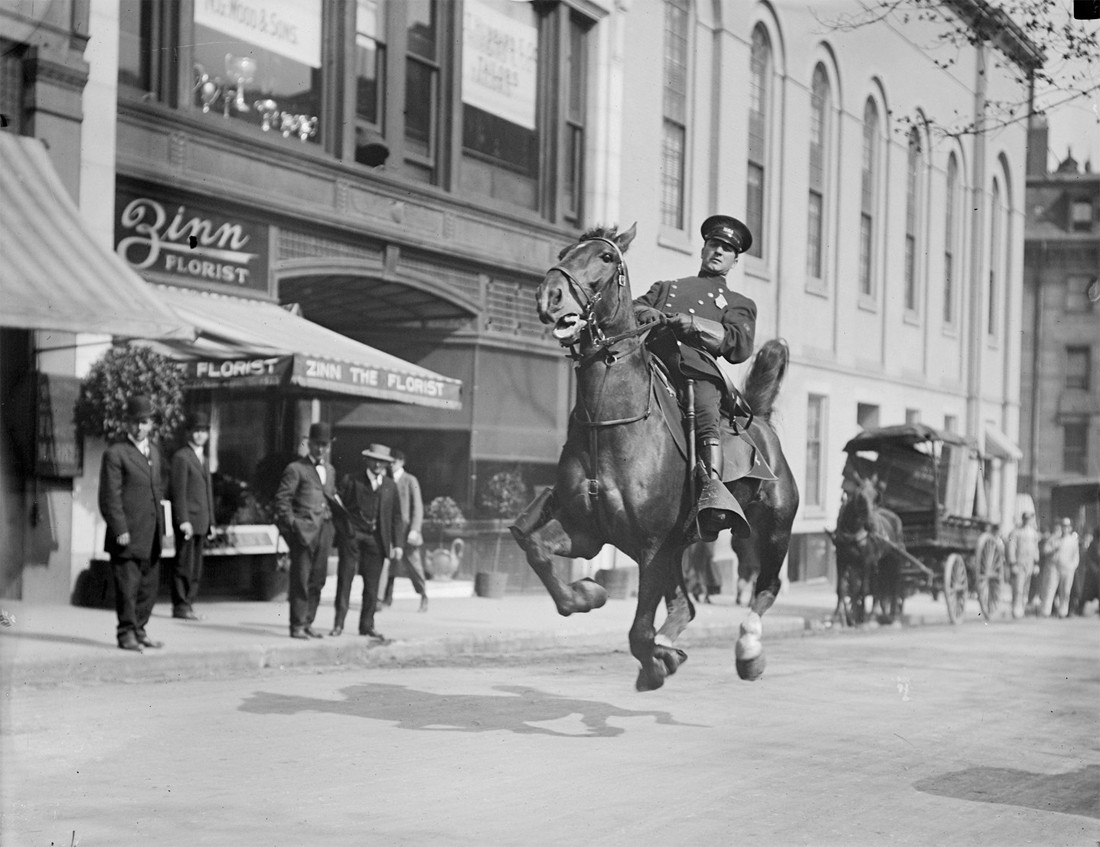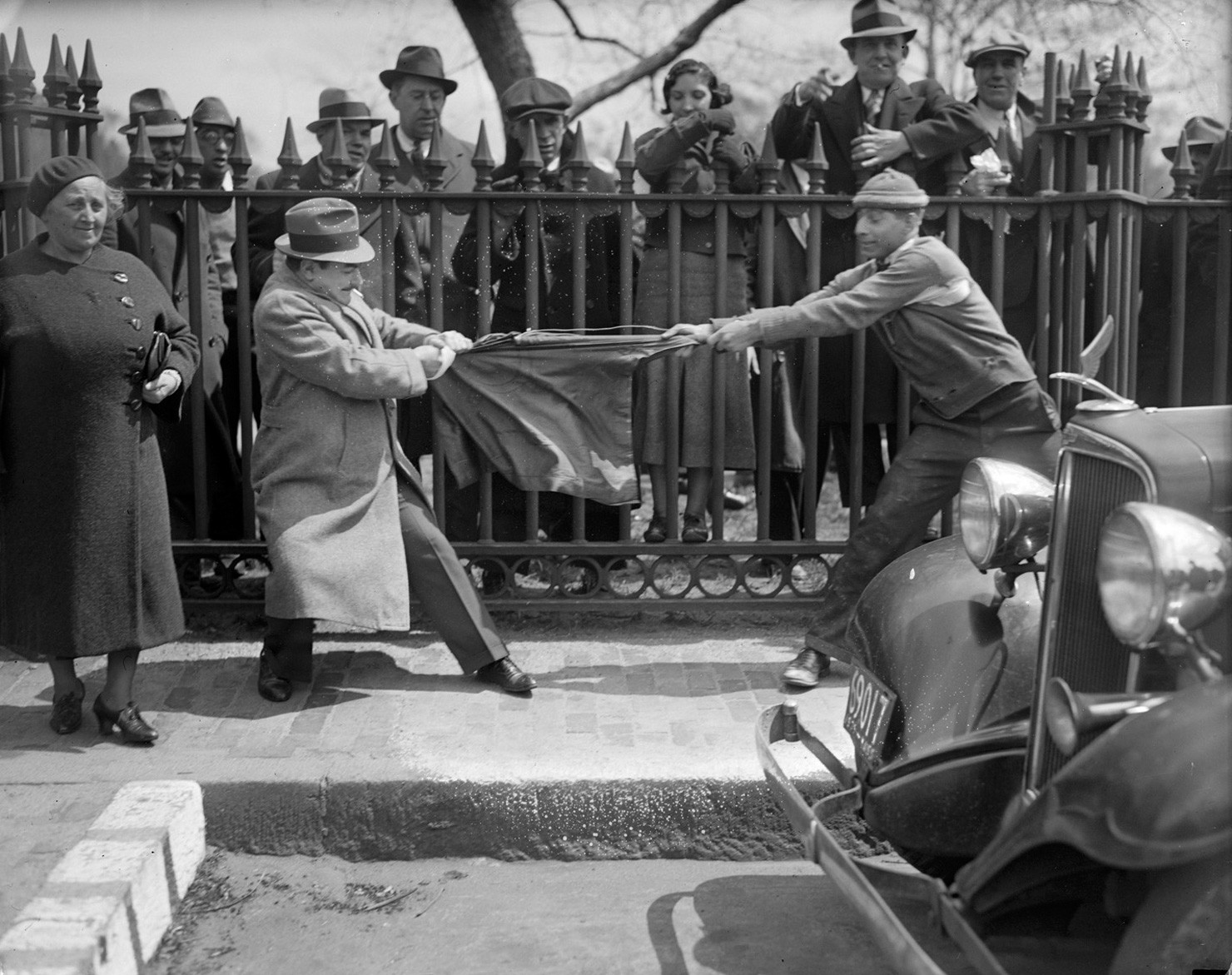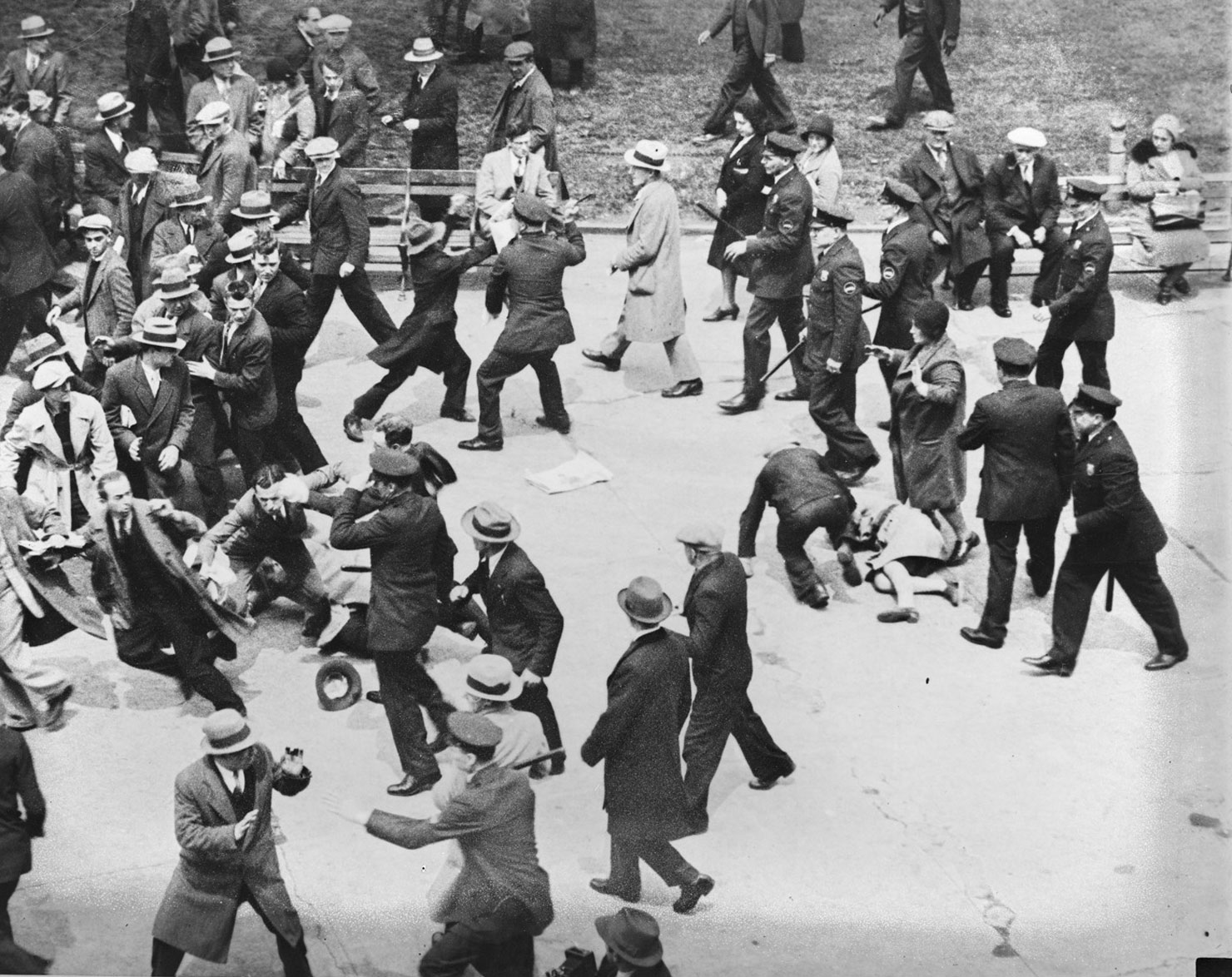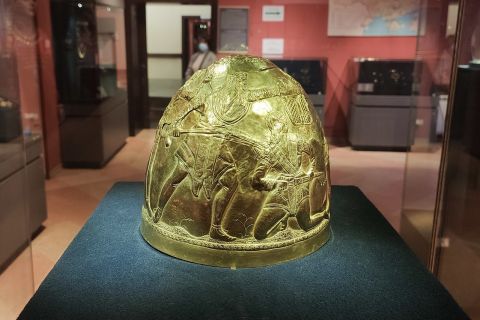
City on Fire: How Boston Survived the Police Strike
Boston was one of the first cities founded in America by European colonists, and it has been ahead of the other cities for a long time in the realm of safety and policing organizations. A city guard appeared there in 1636, and the police department was founded in 1854.
There were over a thousand patrol officers in Boston around the beginning of the 20th century. The department procured several police cars, buses and motorcycles and telephone lines were installed in the police stations. The one thing, however, that was never discussed was the issue of social benefits for the policemen.
The salary for new officers was the same $730 per year as it was when the department was founded in the middle of the 19th century. Officers’ salaries were increased to $1,400 per year after six years of service, but they also were required to buy their own uniforms and equipment. They were required to live in the police station buildings and to take only one day off every two weeks. When prices rose after the First World War, salaries remained stagnant, and the Boston Police discovered that they were now making significantly less than carpenters, mechanics and even bus drivers.
{“img”:”/wp-content/uploads/2015/10/Police_17.jpg”, “text”:”Boston police officers before a raid, around 1934-1936.”}
In 1919, when the economy still hadn’t returned to its pre-war dynamics and the popularity of socialist ideals spurred the recent revolution in Russia, 20% of the total number of workers in the USA held strikes. The year began with the longshoremen’s and tailors’ strike in New York and continued with a general strike in Seattle. Garment, telephone line and railway workers all struck in Boston. The newspapers were heralding a Red Scare, but the police were seeing an example of a struggle for people’s rights.
In the summer, 1,136 Boston policemen formed a union, joined the American Federation of Labor and demanded a salary raise. In response, 19 of their leaders were fired. When negotiations were deadlocked on the 9th of September, 1,100 out of 1,500 officers refused to go to work.
The city’s impoverished greeted the absence of police officers with joy. More than 10,000 people poured into the streets of South Boston, populated primarily by Irish immigrants. They robbed tobacco shops, broke windows and flipped several kiosks and cars. The striking police officers, now without weapons, were exposed to mockery. Their colleagues who stayed on the job were in the absolute minority and had to retreat under a hail of rubble being thrown at them.
Harvard students and wealthy citizens answered the mayor’s call for help. However, the crowd that surrounded the police stations where the volunteers gathered was so aggressive that it was decided that they would not patrol.
The police officers’ strike turned out to be extremely unpopular. American newspapers were calling it ‘bolshevistic’ on the eve of the strike, and afterwards they were publishing untrue accounts of carousing and banditry in Boston, though nothing more frightening than theft and hooliganism actually happened. All of the events were spun into a communist plot. “Now we wait for Lenin and Trotsky,” wrote The Wall Street Journal.
The New York Times called for reprisals: “The police have no more of a right to strike than soldiers do…These are imported revolutionary ideas, able to spread from one city to another, and they need to be prevented with clear and tough laws. It’s practically analogous to desertion on the battlefield and there must be punishment for it.”.

A foiled thief, around 1917-1934.
The general assembly of the Boston Police Officer’s Union answered with great insult: “When we were honorably discharged from the US Army, we were called heroes and saviors of the country. We returned to our posts as Boston police officers and, after only a few months, we’ve been labelled as deserters and traitors… There are men among us who marched alone into machine-gun fire and seized those guns. There are men among us who, having faced heavy artillery fire, became one of five men who walked away in one piece… Not one of us has dishonored the flag and now we are the same people who were on the front in France. Several of us even fought against Spain in 1898. Tell us, where have you fought?”
Contrary to the hopes of a compromise between the police and Governor Coolidge, those under the influence of public opinion decided to take tough measures. 5,000 State Guard soldiers were sent to Boston. After establishing their base at the Park Plaza Hotel, they set up machine guns surrounding the exterior and sent foot soldiers and mounted officers to the streets. They didn’t have any experience in quelling mass disorder, in contrast to the police officers. They opened fire on the crowd several times, killing 9 or 10 people.
{“img”:”/wp-content/uploads/2015/10/Police_20.jpg”, “text”:”Massachusetts State Guard in Boston, 1919.”},
{“img”:”/wp-content/uploads/2015/10/Police_21.jpg”, “text”:”Massachusetts State Guard in Boston, 1919.”}
After bringing order back to the streets, they began liquidating the police department. All 1,100 participants in the strike were fired, and 1,574 unemployed WWI veterans were hired to replace them. Ironically, they got higher salaries and more off-days than the striking officers were demanding. Now, the minimum salary for patrol officers amounted to $1,400 with guaranteed raises per year of service plus a retirement pension. In addition, the department was now responsible for buying uniforms and equipment for officers.
The residents of Boston collected $472,000 in addition to the city budget in order to pay for the services of the State Guard for three months while new police officers were chosen and being trained.

Police break up a protest against the deportation of Chinese communist Tao Chung-Li, 1931
The defeat of the police union in Boston greatly affected the fate of all labor unions in the USA. The question of rehiring police officers involved in the 1919 strike was only raised in the mid-1930s, however the governor at the time dismissed the idea. A new police officers’ union in Boston was only established after nearly half a century, in 1965. About one-third of the officers participated in a strike in 1974, the first one since 1919.
(All photos: Leslie Jones / Boston Public Library.)






